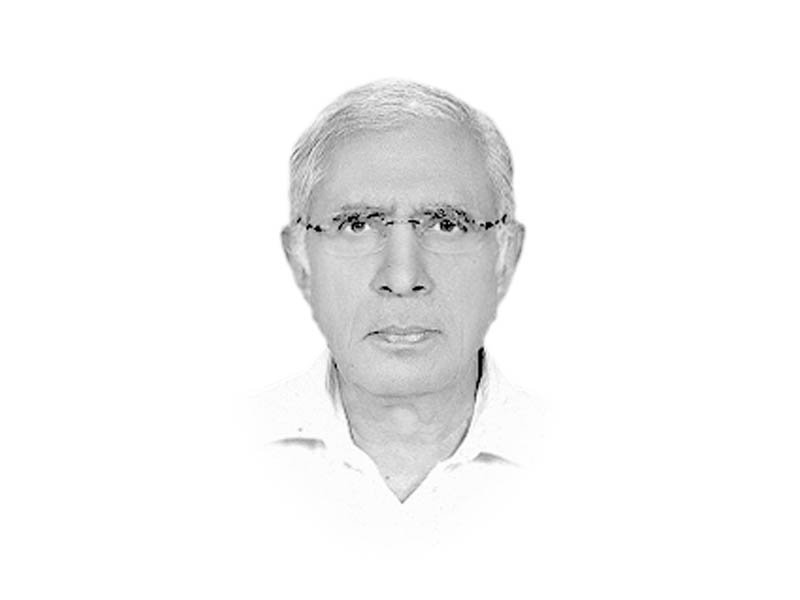
According to a mid-2009 study published by the Pakistan Institute for Peace Studies (“Fata: Tribal economy in the context of ongoing militancy” by Asif Mian), Taliban’s share in the tribal economy is said to be higher than understood in general. According to one estimate, Taliban collect around Rs4 billion annually. The Afghan Taliban have long made their money in the opium trade. There are abundant natural resources in Fata such as marble, copper, limestone and coal which offer a potentially thriving mining industry. Trade with neighbouring Afghanistan has played an active role in Fata’s economy, and items imported and exported to the country via trucks pass through supply routes in Fata. The area has also been influenced to a great extent by the active Afghan opium trade. This has made Fata a transitional point for smuggling and trafficking of goods, as well as black markets. There is a sizeable indigenous weapons and firearms manufacturing industry in the region. Illegal trade of arms and narcotics, transit trade to Afghanistan via foreign exchange transactions through hawala, hundi and goods transport are among the major businesses in the tribal areas. The roads used for the transportation business had remained under Taliban control and could only be used subject to payments to the militants. The Fata areas controlled by Pakhtun militants are known to be major narcotics trafficking routes to Europe and beyond.
Hundreds of thousands of people are associated with the weapons’ manufacturing industry now controlled by the Taliban. These weapons are traded in huge markets in Darra Adam Khel, a town located between Peshawar and Kohat in Khyber-Pukhtunkhwa, Sakhakot (Malakand), Bara (Khyber Agency), Peshawar’s Karkhano Market, Miranshah, the main town of North Waziristan, and in Mohmand Agency. Some income-generation avenues are specific to particular tribal districts in Fata. Proceeds from a well-established marble industry are one of the major sources of income in Mohmand Agency, while trade of timber from forests in North Waziristan contributes substantially to the tribal district’s economy. Protection money extorted during transportation of marble and timber through Taliban-controlled areas also fills the militants’ coffers.
Smuggled goods are big business in all seven tribal districts, and traders in nearly every Fata agency have defined their niche market. If one agency is known as a trading hub for smuggled tyres, another deals exclusively in smuggled cars, weapons or chemicals. Indirectly controlled by Taliban, Karkhano Market situated in Peshawar’s Hayatabad industrial area, has 4,857 shops. Estimates suggest that around 40 per cent population of Bajaur, Mohmand and Khyber agencies is directly or indirectly associated with this market. Goods are brought to Karkhano Market from Iran, Central Asia and China through different routes. Karkhano shopkeepers have contacts in the world’s biggest markets. The tribes in Fata have a well-established hawala system, which is very efficient. Anyone wishing to make a financial transaction with an individual or institution anywhere in the world can do so in the tribal areas, irrespective of the amount involved and without any concern over the transaction’s reliability. It is estimated that in 2009, $5 million were taken out of the country through hawala or hundi annually.
Published in The Express Tribune, June 25th, 2016.
Like Opinion & Editorial on Facebook, follow @ETOpEd on Twitter to receive all updates on all our daily pieces.












COMMENTS (2)
Comments are moderated and generally will be posted if they are on-topic and not abusive.
For more information, please see our Comments FAQ